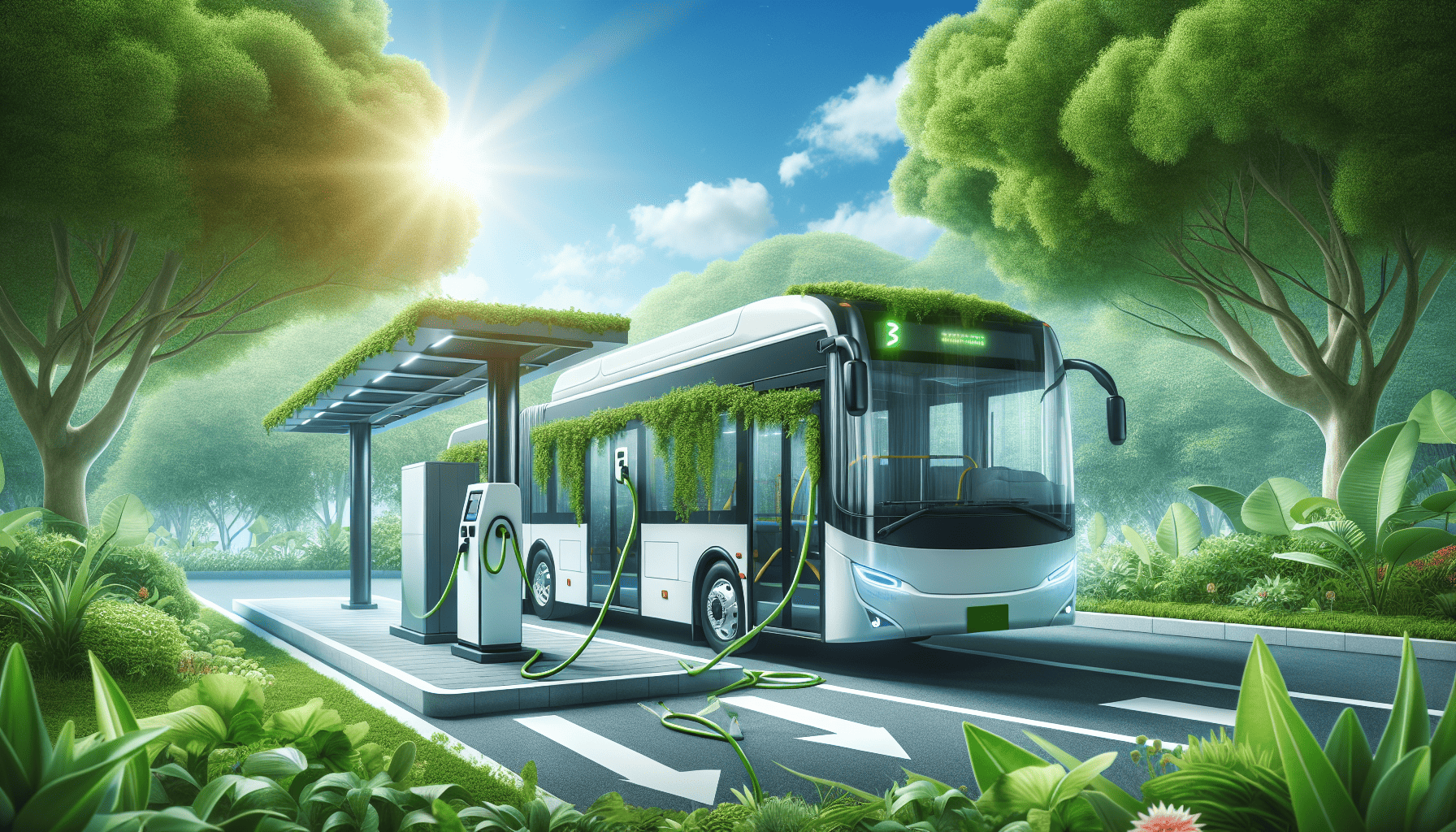In recent years, the pressing need for sustainable transport has become increasingly evident. As urban populations burgeon and environmental concerns heighten, cities and governments worldwide are taking bold steps to revolutionize how people move from place to place. At the heart of these efforts are innovations that reduce carbon footprints, promote energy efficiency, and offer equitable access for all individuals.
One of the cornerstone initiatives is the integration of electric vehicles (EVs) into mainstream transport systems. By replacing traditional combustion engines with electric power, cities aim to drastically cut down on greenhouse gas emissions. This movement is supported by a growing network of infrastructure projects designed to make EV adoption more feasible, including expansive charging station networks and incentives for purchasing EVs. Manufacturers are responding in kind, producing vehicles that rival, and in some cases exceed, the performance and capability of their petrol counterparts.
Public transportation systems are also undergoing transformative changes. Many metropolitan areas are investing in zero-emission buses and trams, which rely on electric or hydrogen fuel cell technology. These vehicles promise to deliver more efficient and environmentally friendly public transit options, supporting the shift towards sustainable urban mobility.
Bicycle and pedestrian infrastructure projects are pivotal in promoting sustainable transport behaviors. Cities are expanding bike lanes, increasing pedestrian areas, and implementing bike-share programs to encourage people to shift away from car dependency. These initiatives not only reduce emissions but also invigorate local economic development and community health by making active transport more viable and safer for residents.
Innovative urban planning is another crucial aspect of future-focused transport projects. Concepts like the 15-minute city, where daily necessities and services are accessible within a short walk or bike ride, are gaining traction. By minimizing the need for long commutes, cities can significantly reduce transport-related emissions and improve quality of life.
In addition to physical infrastructure, technological advancements are playing a pivotal role. Smart transport systems utilize data analytics and real-time monitoring to optimize traffic flow, reduce congestion, and improve safety. Autonomous vehicles, albeit still in their development stages, hold promise for enhancing road safety and efficiency, contributing further to sustainable urban environments.
Sustainability in transport is not solely an environmental issue but also a social and economic one. Ensuring equitable access to clean and efficient transportation systems allows all segments of the population, regardless of socioeconomic status, to benefit from reduced emissions and healthier air quality. These initiatives foster inclusivity, improve connectivity, and support vibrant urban communities.
The shift towards sustainable transport is both a challenging and rewarding journey. As global awareness of climate change and its impacts grows, so does the collective resolve to implement transport solutions that respect and preserve our planet’s resources. These initiatives signify not just a move away from fossil fuels, but a leap towards a cleaner, more sustainable, and equitable future for everyone.
